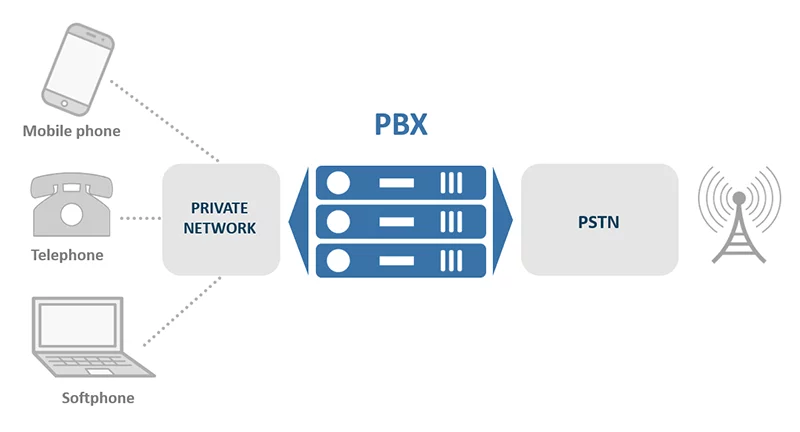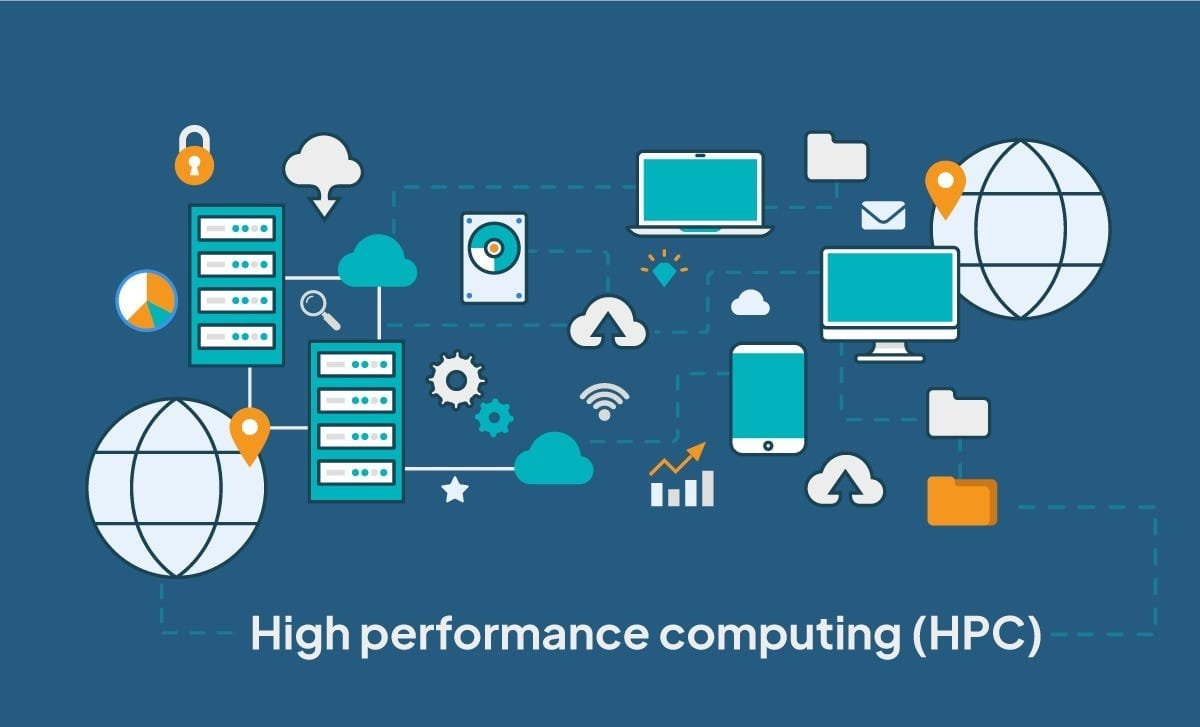Introduction
Have you ever felt like your support team is trying its best, yet it still seems to be behind?
Customers continue to call, message, and email regarding the same concerns. The agents are switching tabs, repeating responses, and struggling to keep up with the conversation. Even with this effort, things still fall through the cracks: wait times grow, handovers are cumbersome, and complaints begin to accumulate.
Sound familiar?
You are not alone. In the modern, fast-paced business market, customers have higher expectations than ever – and the technology that many teams have to work with has not kept pace. A recent report has shown that 70 percent of customers demand consistent service in all channels; however, fewer than half of them feel that they are getting it.
It is not only frustrating, but it is expensive. All the missed calls, late responses, and repeating questions accumulate. Not only hours or revenue but credibility.
As it turns out, majority of the customer service processes continue to be operating on traditional systems: inflexible, unresponsive, and difficult to extend. That is a problem, given that, in today’s world, speed, personalization, and experience are the keys to loyalty.
Now imagine this instead:
-
Your customers get quick answers, even outside business hours.
-
Your agents have full context before they even pick up a call.
-
Your system can detect frustration in a customer’s tone and offer solutions before the issue escalates.
That’s not a stretch goal. That’s what an AI Cloud Contact Center is built to do.
In this article, we will examine how AI-enabled contact center platforms are transforming customer service by automating routine tasks and enabling agents to work in real time across multiple channels at scale. Want to future-proof your service operations, take pressure off your team, and give a smarter customer experience? Keep reading to find out.
1. What Is an AI Cloud Contact Center?
Definition and Core Concept
An AI Cloud Contact Center is a customer support system hosted in the cloud, powered by artificial intelligence. It is a combination of virtual agents, real-time assistance, sentiment analysis, and data-driven automation that is offered as a service. This cloud-first architecture implies that companies do not have to invest in servers and hardware. Rather, they become capable of scaling up (or down) within moments without interruption.
How AI Works in a Contact Center Environment
AI in a contact center is made up of several key technologies:
-
Natural Language Understanding (NLU): Let the system interpret customer intent, even when phrased in many different ways.
-
Machine Learning Models: Analyze past interactions to make predictions—whether it’s sticking to a script, predicting call volumes, or identifying at-risk clients.
-
Sentiment Detection: Picks up on emotional signals; voice tone, word choice to flag frustrated or happy customers.
-
Conversation Orchestration: Tracks conversations across touchpoints, decides when to escalate, and maintains context seamlessly.
By building on cloud infrastructure, updates, and new AI functions roll out continuously—without downtime or expensive on-site maintenance.
Benefits of AI Contact Center Over Traditional Systems
AI Cloud Contact Centers offer clear advantages:
|
Feature |
Traditional Contact Center |
AI Cloud Contact Center |
|
Setup and infrastructure |
Complex, hardware‑dependent |
Quick deployment, minimal hardware |
|
Automated handling |
Rare |
Bots manage routine tasks 24/7 |
|
Scaling with demand |
Manual, costly |
Automatic and flexible |
|
Channel integration |
Channel silos |
Unified across voice, chat, email, social, and WhatsApp |
|
Feature updates |
Disruptive upgrades |
Continuous, no downtime required |
|
Data-driven insights |
Limited |
Analytics-driven optimization |
2. How Contact Center AI Can Transform Customer Service
Automating Routine Interactions with Virtual Agents
All businesses are used to such questions daily: Can you reissue the invoice? Where is my shipment? Can we shift the delivery date? These tasks are performed immediately with AI chatbots and voice assistants, even when the office is closed. This reduces not only the burden on the agents but also the response time and accuracy.
In every company, speed of response is the difference between made deals and no deals. Automatic notifications (Your renewal is coming next week) or order status updates (Your custom parts shipment is late) will help demonstrate that the company is trustworthy and won’t do anything wrong. As per Deloitte, businesses that introduce AI to the contact centers, tend to experience a reduction in operational expenses of up to 30%.
Supporting Human Agents in Real-Time
Although bots respond to basic questions, there are still complicated problems that require human intervention. AI helps the agents by:
-
Real-time suggestions: AI follows the dialogue and proposes relevant actions, such as FAQs or documentation.
-
Live Insights: It downloads customer history, open cases, account value, and contract terms, all in an easy-to-read dashboard.
-
Transcription and summarization: Transcription of calls occurs in real-time, and summarization is completed after the call, removing the need to take lengthy notes and making it compliant.
This makes the agents feel more confident, efficient, and helpful, rather than rushing to find context and documents during a call.
Enabling Natural, Multi-Channel Conversations
Do your customers have a chat session going on in one window and a phone call in the other? AI call centers monitor all conversations; therefore, representatives can resume conversations without having to summarize with the client. No more, Can you repeat that? Situations. Rather, your service seems effortless, clever, and highly customer-focused.
Delivering Intelligent Call Routing
Intent-based, sentiment-based, technical, or industry-expert matching of customers with agents increases first-contact resolution rates by an order of magnitude. When a high-value client with a technical issue that requires a complex skill set calls in, the AI contact centers will direct them to the most highly skilled and available agent, virtually eliminating delays, escalations, and associated costs.
Monitoring Sentiment and Customer Emotions
The tone of the customer can change rapidly during the support process. Through tone of voice, wording, and pace analysis, sentiment detection issues can indicate frustration or compliance risk, allowing the system to escalate calls in real time or propose calmer reply templates. Such emotional intelligence will enhance support, decrease churn, and enhance outcomes.
Providing Actionable Business Insights
Any interaction is a data point. An AI contact center can aggregate questions, monitor volume patterns, find pain areas, and assess the work of agents:
-
Are customers repeatedly asking about the same issue?
-
Which products generate the most complaints?
-
Which agents are top performers and why?
These insights can help you streamline product characteristics, train employees more effectively, identify upsell potential, and make informed decisions based on data rather than guesswork. Gartner found out from a survey that efficiency can be increased by 20% using data-driven service operations.
Enabling Proactive Support Through Predictive Analytics
Using the correct data and AI models, it is possible to move support to a proactive model. Identify shipment delays, warranty expirations, or part replacements before the customer does. Contact via informative emails, replacements, or friendly reminders. Not only does this resolve issues early on, but it will also make your business appear progressive and customer-centric.
Personalizing Customer Experiences at Scale
Customers in every industry and segment seek personalized interaction. Context awareness with AI enables your agents to greet your clients by name, mention previous issues, and even make intelligent remarks about their account history. This is more than a credential it is a way of breeding loyalty and trust. When you provide individual attention to clients without needing to do it manually, you ensure that all clients feel valued and special.
3. How to Choose the Right AI Contact Center Solution
Identify Your Business Goals and Customer Support Needs
Determine what you require the most. Is it lowering support expenses? Improving self-service? Providing round-the-clock coverage? Or providing multi-channel uniformity? When you establish goals and KPIs, such as average handling time, first-call resolution, or NPS, it helps you select a solution that aligns with your goals.
Evaluate Key Features and Capabilities
When you review vendors, ensure they offer:
-
Full multi-channel AI
-
Real-time agent assistance
-
Emotion detection features
-
Smart routing capabilities
-
Actionable dashboards and reporting
-
Predictive analytic models
-
Continuous updates and Agile innovation
Ensure Scalability, Security, and Compliance
Your solution must:
-
Scale automatically with demand, whether it’s seasonal spikes or growth phases
-
Use modern encryption, data access controls, and audit features
-
Comply with GDPR, CCPA, or other regional regulations
-
Offer data residency options for global enterprises
Choose a Trusted and Experienced Provider
Beyond features, consider credibility:
-
Proven track record with enterprise-grade customers
-
Strong partner ecosystem (CRM, teams, analytics)
-
Transparent roadmap and regular updates
-
Access to professional services, implementation support, and training programs
Ensure that the right handle is secured post-launch; your vendor must be a long-term transformation partner.
Explore a complete AI-driven cloud contact center solution that covers all the above aspects.
4. Conclusion
The B2B world is evolving in response to shifting customer expectations. They desire rapid, intelligent, and smooth assistance in all touchpoints. An AI Cloud Contact Center delivers on all fronts: it automates routine tasks, guides agents with intelligent assistance, seamlessly connects channels, interprets sentiment, analyzes data, predicts issues, and personalizes every interaction at scale.
Investing in this next-gen platform isn’t just a tech upgrade-it’s a strategic choice. You can:
-
Reduce support costs
-
Empower agents with efficiency and confidence
-
Improve first-contact resolution
-
Deepen customer satisfaction and engagement
-
Unlock valuable operational insights
-
Compare proactively rather than reactively
In short, an AI Cloud Contact Center is your bridge to smarter customer support – one that adapts, scales, and grows with your ambitions. The outcome: happier customers, an improved brand image, and a solid foundation for achieving long-term success.
Customer support in the future is smart and cloud-enabled. Take the step, and put your business a step forward.













